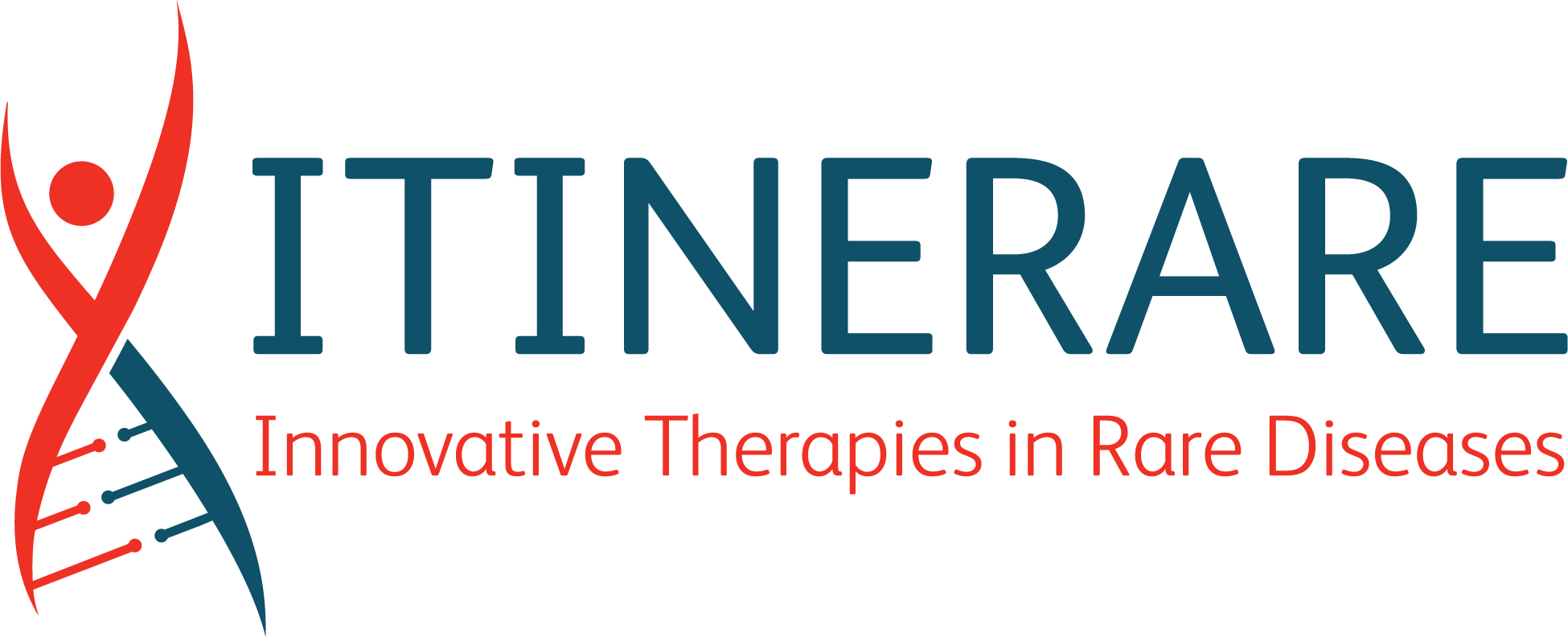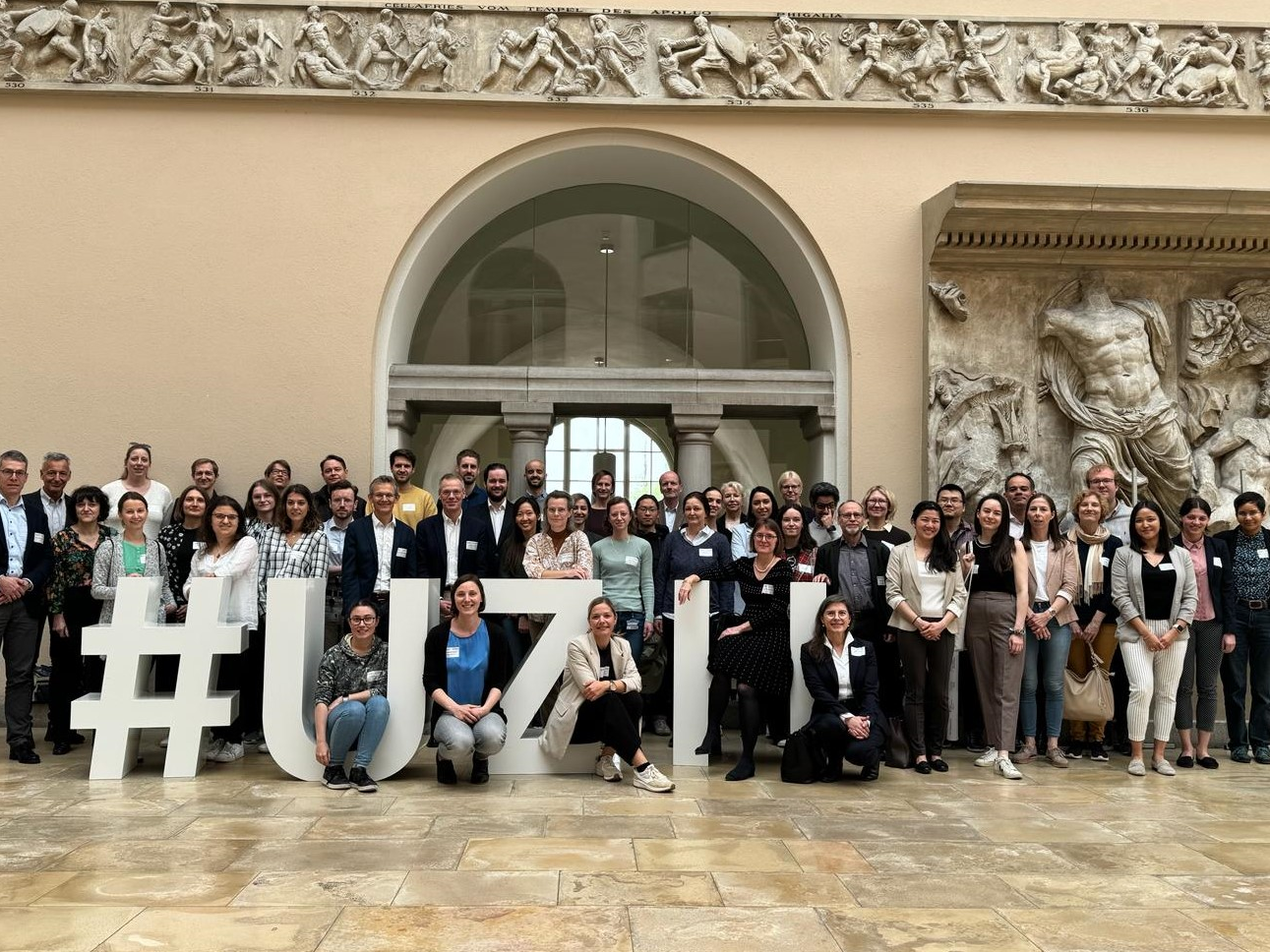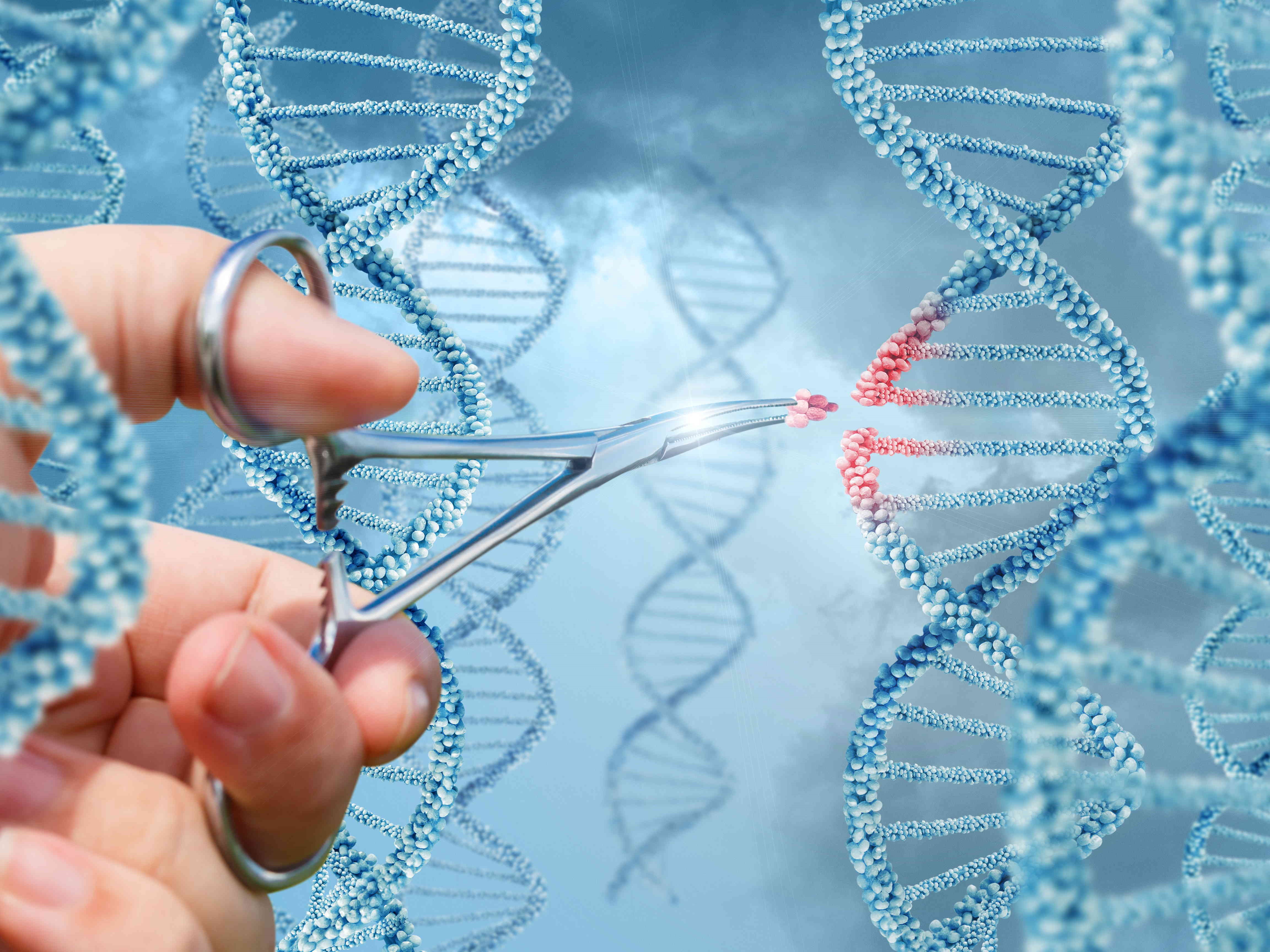URPP ITINERARE

The University Research Priority Program (URPP) ITINERARE fosters excellent translational research on rare diseases at the University of Zurich (UZH) and beyond. Furthermore, ITINERARE addresses the ethical, legal, social, and educational aspects associated with rare diseases.
Rare diseases represent a group of over 7.000 heterogeneous disorders with strong clinical impact and major social and economic consequences. Despite their name, rare diseases affect 400 million people worldwide, and about 500.000 in Switzerland. Due to the early onset of symptoms, rare diseases predominantly affect children, often causing premature death or decades of life with chronic disability. Rare diseases thus have major consequences for those who are directly affected, as well as for their families and social environment.
More than 80% of rare diseases are caused by single-gene defects. While new therapies like somatic gene therapy serve as beacons of hope for those affected, overall there has been little improvement in patient care. The low frequency and variability of rare diseases implies fragmented clinical and biological data, small cohorts, scarce suitable research models, and limited interest of pharmaceutical industry. Moreover, due to their novelty, high costs, and technical complexity, rare disease therapies pose healthcare challenges related to egalitarian access and financing.
The URPP ITINERARE aims to develop novel molecular and gene therapies for selected genetic disorders. In parallel, ITINERARE establishes a broad ethical-legal and educational framework of multidisciplinary expertise to address societal issues associated with novel therapies.
The comprehensive support provided by the URPP will position UZH as a lighthouse that pioneers the development of cutting-edge therapies and social innovations for rare diseases in Switzerland and beyond.





